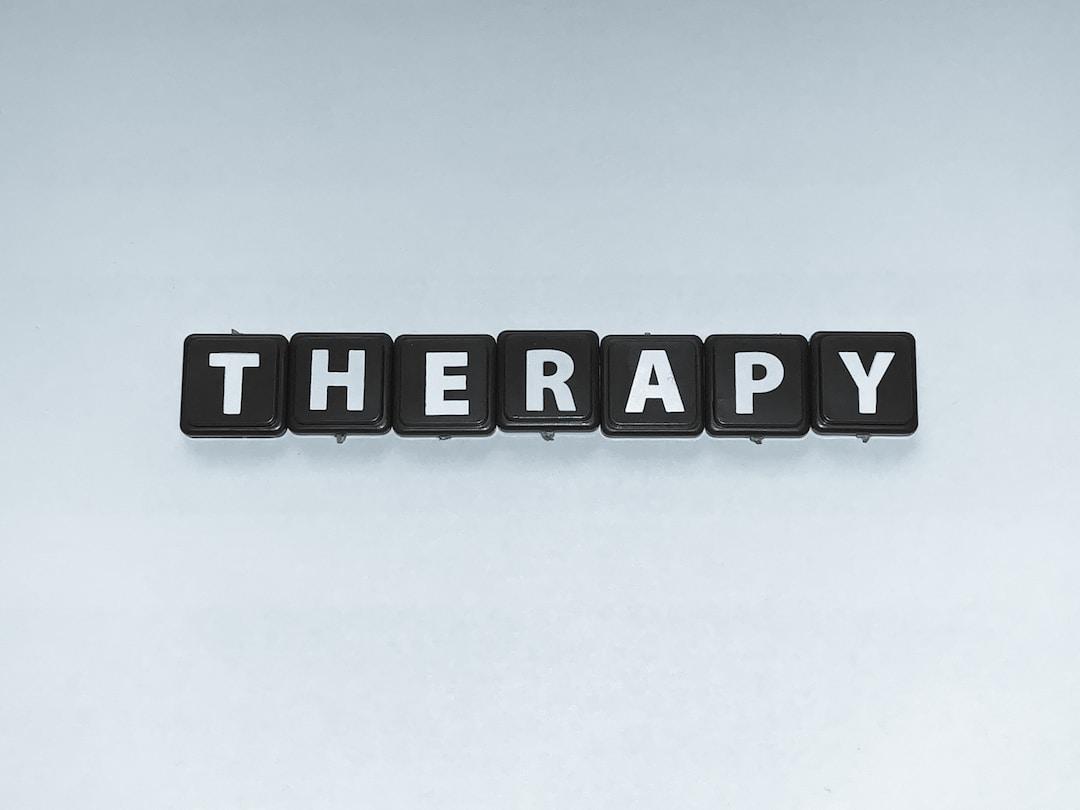When it comes to alcohol dependency, the journey to recovery is unique for each individual. From the severity of the addiction to the presence of co-occurring disorders, various factors influence the choice of treatment. With a range of alcohol treatment programs available, it’s essential to understand which type might best suit the needs of you or a loved one. This deeper comprehension could foster a more successful and enduring recovery. Below, we delve into the different forms of support and rehabilitation in the face of alcohol addiction.
Exploring the Spectrum of Alcohol Treatment Programs

Specialized treatment facilities, such as this alcohol treatment center in Hawaii, are often the best way to recover from alcohol addiction. Finding a credible alcohol detox program is critical to getting sober. At a fundamental level, they can be categorized into residential or inpatient programs and outpatient programs. Residential treatment typically involves living at the facility while receiving comprehensive therapy and support. On the other hand, outpatient programs allow individuals to continue with their daily lives while attending scheduled treatment sessions.
Both approaches are designed to help individuals overcome alcohol dependence and learn strategies for lasting sobriety. Within these broader divisions, there are different intensities and structures to consider. Generally, the best idea is to opt for a holistic program that offers a comprehensive treatment plan that includes lifestyle adjustments, therapy, detoxification assistance, and medication, if needed.
Long-term treatment options may extend to six months or longer, offering a prolonged support system for those with deep-rooted addiction issues or a history of relapse. Some facilities may incorporate locale-specific therapies, such as nature-based interventions or cultural healing practices. The diversity in programming guarantees that there is an approach available to match every person’s set of circumstances.
The Role of Detoxification in the Alcohol Recovery Process
Detoxification is a pivotal first step in the alcohol treatment spectrum. This process involves eliminating alcohol from the body and managing withdrawal symptoms under medical supervision. Detox will begin your recovery on a stable, substance-free foundation. For many, this can be a period of acute physical and psychological distress, which is why a supportive and medically equipped environment is crucial.
Although a necessary phase, detox alone is rarely sufficient for long-term recovery. Follow-up with a comprehensive treatment program is vital to address the underlying causes of addiction and to prevent relapse. Detox is the segue into deeper therapeutic work, including behavior modification, counseling, and developing coping mechanisms. It’s a transition from physical dependence to tackling the psychological stronghold of addiction.
During detox, patients are often introduced to medications that can ease withdrawal symptoms and curb cravings Medical professionals leading detox programs assess and tailor treatments to individual needs, monitoring progress and adjusting care to maintain the highest safety standards. This personalized attention sets the stage for a more humane recovery experience, ensuring that patients aren’t just numbers but are given every opportunity for success.
Cognitive Behavioral Therapy and Other Counseling Strategies for Alcoholism

Cognitive Behavioral Therapy (CBT) has emerged as a cornerstone in the psychological treatment of alcoholism. This approach helps individuals identify and amend unhealthy thought patterns that contribute to their addiction. By developing new, constructive ways of thinking, those in recovery can better cope with stress and triggers that might otherwise lead to relapse.
Apart from CBT, other counseling strategies like motivational interviewing and family therapy play significant roles. Motivational interviewing is a client-centered approach that enhances an individual’s motivation to change. Family therapy, meanwhile, involves relatives in the treatment process, recognizing the profound impact addiction has on the family unit and the support they can provide.
Group therapy sessions also form a vital part of the counseling strategy for many programs. Sharing experiences with others who are facing similar struggles can foster a sense of community and mutual aid. These sessions allow for the exchange of personal stories, coping strategies, and encouragement, enhancing the resilience of all participants.
Overall, the landscape of alcohol treatment is diverse and multifaceted, catering to the broad spectrum of needs presented by individuals suffering from addiction. Whether through inpatient or outpatient services, detoxification, CBT, counseling, or holistic treatments, the goal remains to provide compassionate and effective care that supports long-term sobriety and improved quality of life. Acknowledging the complexity of addiction and offering a range of therapeutic options can empower individuals on their journey to recovery.

